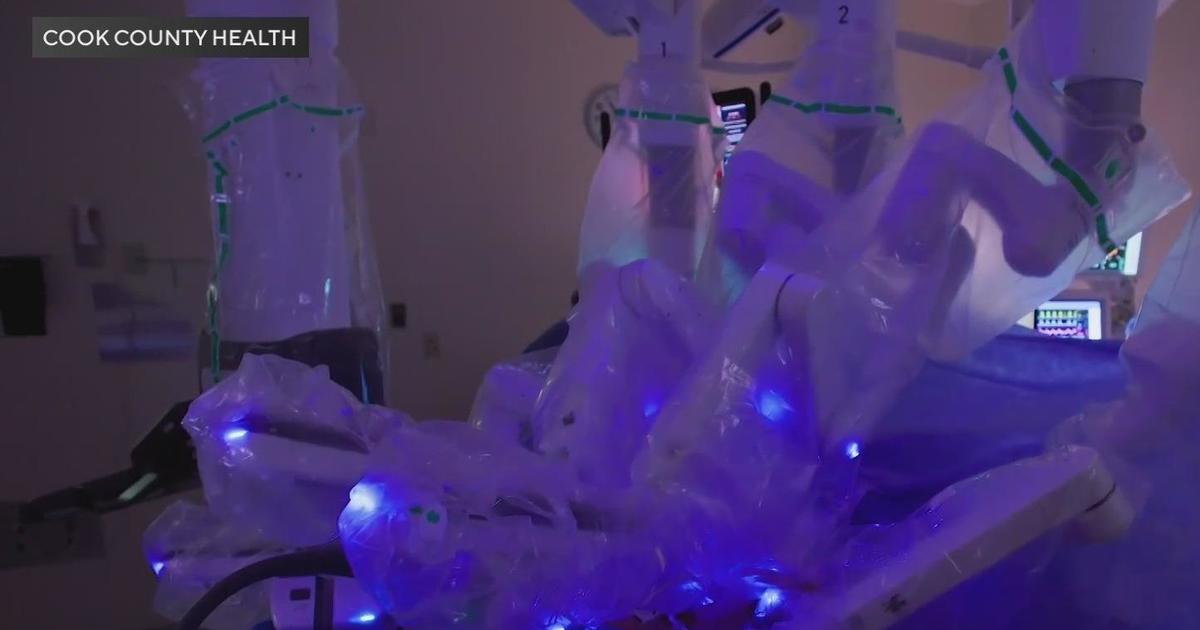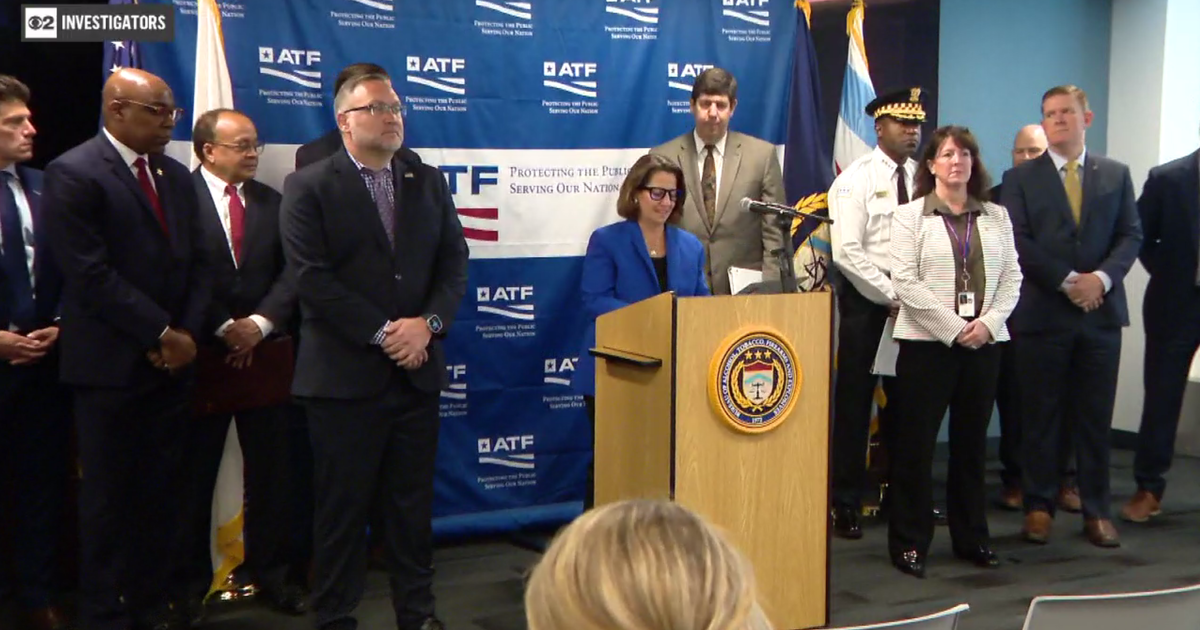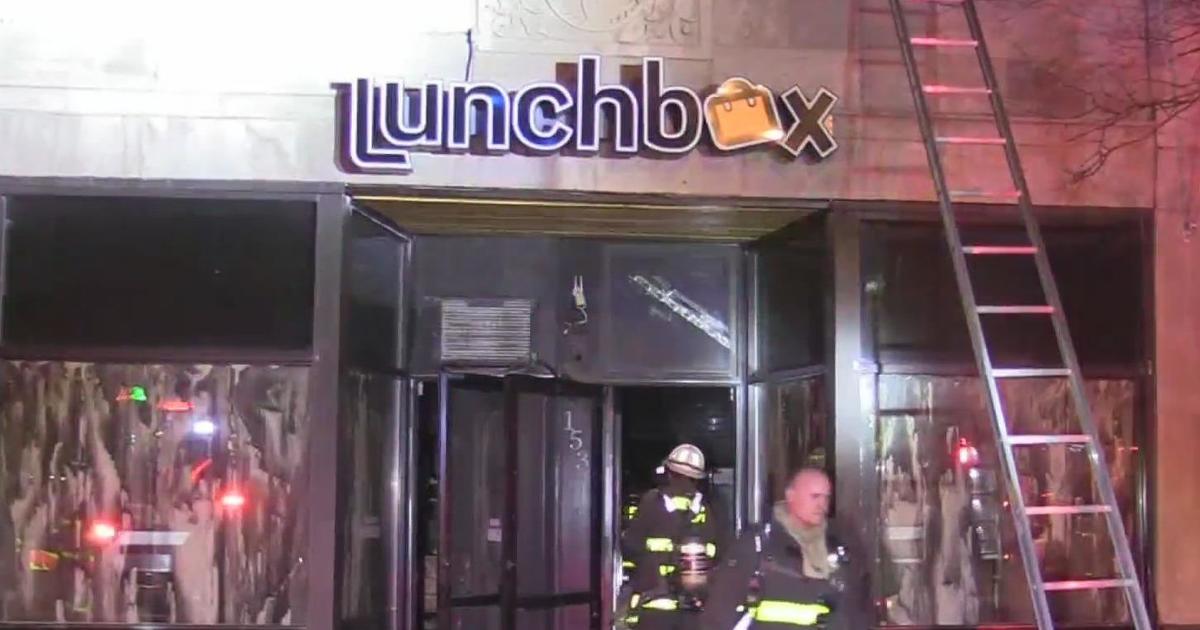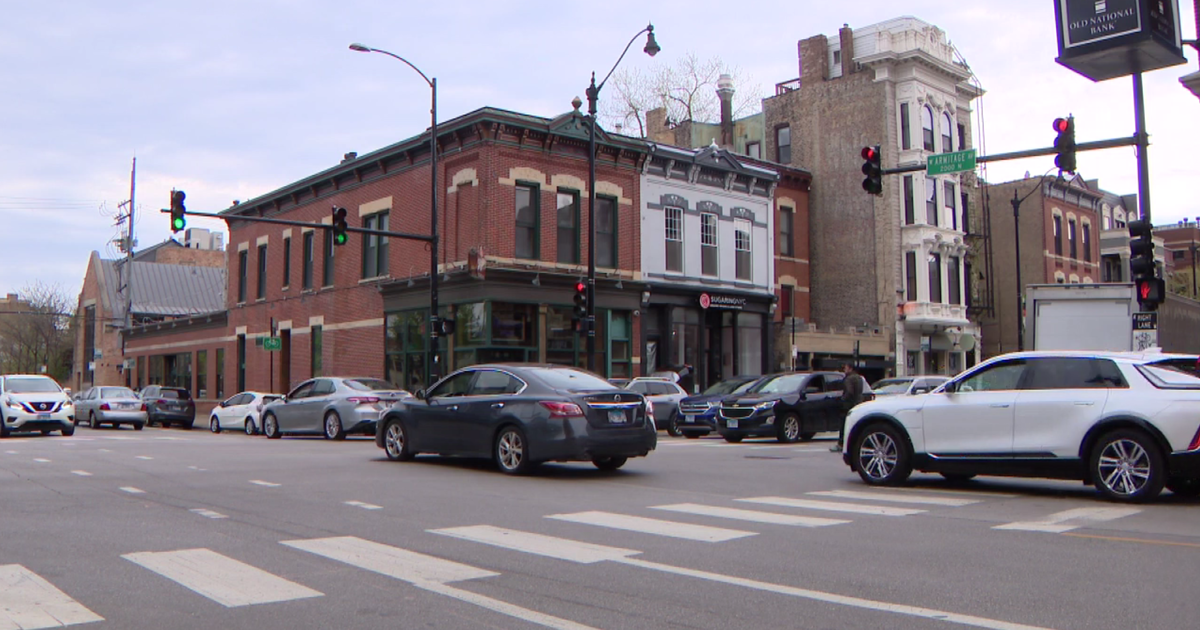'There's Hope On The Other Side': Local Coffee Shop Brings Awareness To Mental Health In Urban Communities
CHICAGO (CBS) -- A local coffee shop wants to bring awareness to the stigma of mental health for the black and brown communities.
It's called Coffee, HipHop, and Mental Health. CBS 2's Shardaa Gray takes a look inside the soon-to-be new storefront.
"Trust the process"
Words written by employees who want to see them come to fruition in the new storefront for Coffee, HipHop, and Mental Health, are words Christopher LeMark lives by.
"The coffee shop is a beacon of hope, it's a refuge. It's symbolic of, look where I came from," Lemark said.
He started the organization because of his own struggles with his mental health.
"I survived three suicide attempts, I was struggling inwardly, I grew up on the South Side of Chicago, never knew my parents. Abused as a kid. I just didn't really know how to deal with life," he said.
So, he talked to a therapist to deal with his inner demons.
"Hip hop was my first form of therapy. And if it hadn't been for hip hop, I would have killed myself a long time ago," he said.
In 2019, he opened the coffee shop, which stayed open less than a year on the South Side due to COVID.
"We couldn't do the events anymore, which was a music and discussion event that allowed us to interact with the people, with therapist, and advocates."
Then a miracle. Clothing giant Lululemon offered LeMark a spot in its North Side store -- rent-free, so he could re-open temporarily.
Lululemon opened its doors for him to occupy space temporarily, and in April of this year, he'll open Normalize Therapy Cafe.
Coffee, HipHop, and Mental Health is currently located in a space where you come to free your mind and soul, which will soon transition to a storefront near Belmont and Sheffield.
"The moment we open this, it won't just be hundreds of people we're helping, thousands," LeMark said.
COVID-19 has had a domino effect on everyone, but the Heartland Alliance's Social Impact Research Center says 44 percent of adult Black women had slightly higher rates of depression and anxiety than the state average, which is 39 percent.
Young Latina women were three and a half times as likely as the Illinois average to need but not receive counseling or therapy.
1 in 4 people age 18 – 24, nearly 1 in 5 Latinos, and more than 1 in 7 Black people reported seriously considering suicide in June 2020.
"I'm not surprised people wanted to kill themselves. I get it, I understand, but what I'm trying to do is give people hope. There's hope on the other side," LeMark said.
LeMark says they've helped 82 people get therapists and 93 people are currently on their waitlist.
The organization uses money from coffee and merchandise sales, donations, and grants to help pay for people to see therapists through Normalize Therapy University.



